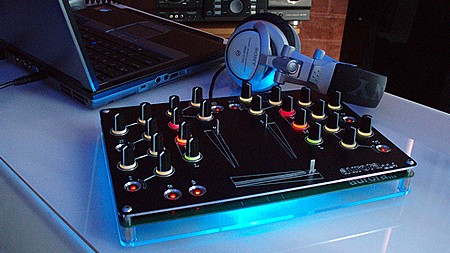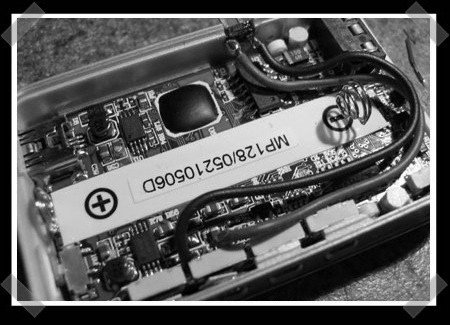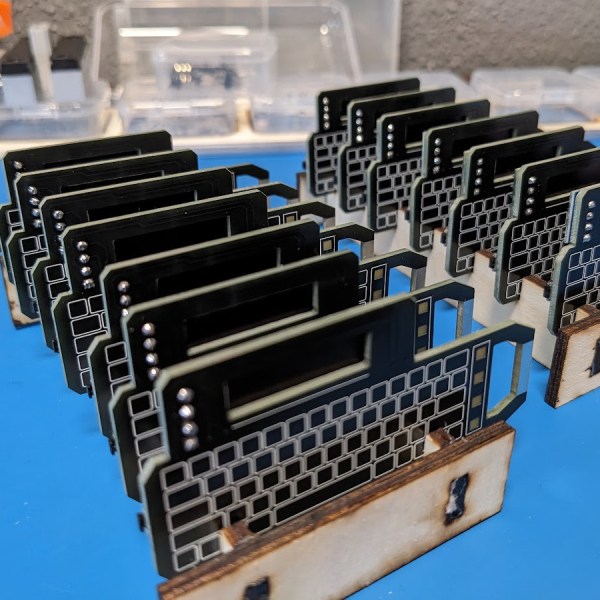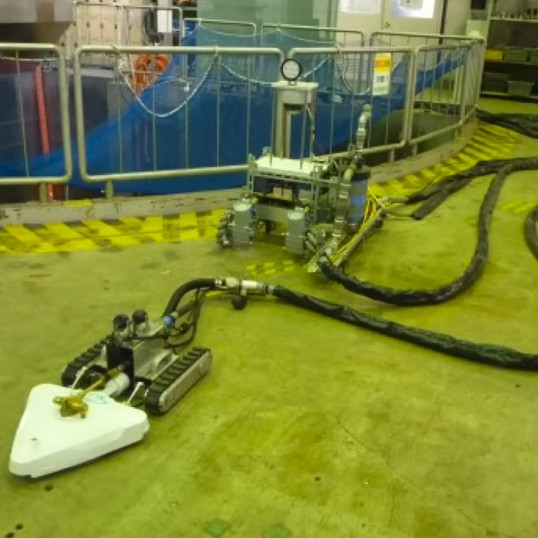
Stanton has released a new controller peripheral for laptop DJ’s. DaScratch is a USB connected MIDI device designed to emulate record interactions. It features a large touch area where the user can make scratching, sliding, and button pressing motions. The compact device has presets for software like Traktor, Serato, and Ableton Live, but can work with anything that supports MIDI. Multiple units can be paired together using magnets.
As the video below shows, there are quite a few different interactions possible. We really want to see a teardown of this device though. We get the distinct feeling that it’s designed to look more impressive than the underlying hardware actually is. Continue reading “DaScratch Multitouch DJ Interface”














